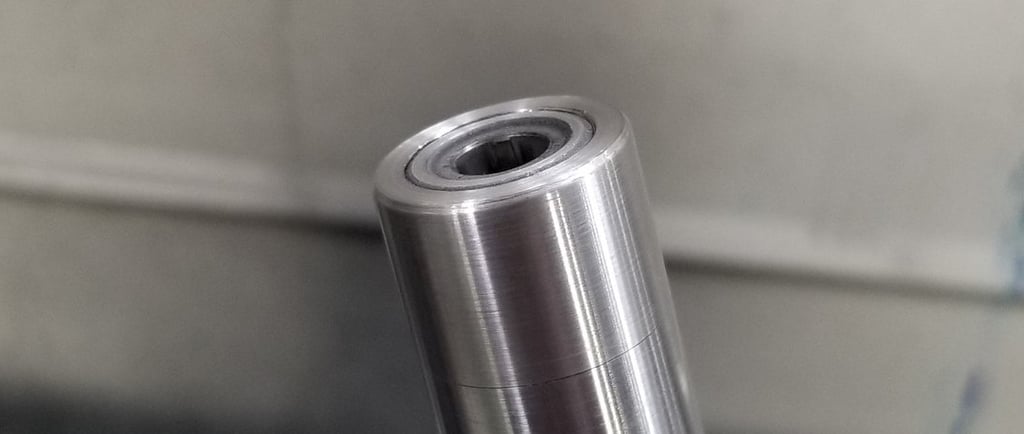Rifle Crowns
An often overlooked piece of Accuracy
8/15/20251 min read


The crown of a rifle barrel—the recessed or shaped area at the muzzle (the end of the barrel where the bullet exits)—plays a critical role in accuracy. Here's why it's important:
1. Bullet Exit Consistency
The crown ensures that the expanding gases behind the bullet exit evenly around the base of the bullet. This symmetrical release is essential for stable and accurate bullet flight. An uneven crown can deflect the bullet slightly, throwing off accuracy.
2. Accuracy Protection
The crown protects the critical last section of rifling at the muzzle. Even minor nicks or damage to the crown can compromise the bullet’s path, leading to larger groups or flyers (erratic shots).
3. Balancing Gas Pressure
As a bullet leaves the barrel, high-pressure gases behind it rapidly escape. The crown shapes the gas flow to minimize turbulence and prevent destabilization of the bullet.
4. Common Crown Types and Their Benefits
11-Degree Target Crown: Popular for precision rifles; the shallow angle helps deflect gas evenly and reduces susceptibility to damage.
Recessed Crown: Protects the rifling from accidental damage (e.g., from cleaning rods or impacts).
Muzzle Brake/Threaded Crown: Allows attachment of suppressors or brakes while still maintaining concentricity and accuracy if machined properly.
5. Consequences of a Damaged Crown
Inconsistent point of impact
Reduced accuracy
Erratic shot placement
Greater susceptibility to wind drift and instability
Summary
The crown is a small detail with a huge impact on performance. A proper crown may be small, but it has a big impact on how accurately your rifle performs. Protect it, inspect it, and if needed, have it professionally recut to maintain peak performance.
